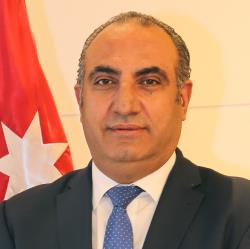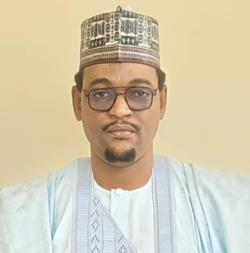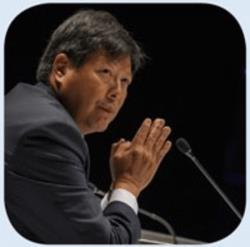Safe Smart Cities and Climate Frustration
Global Cities Hub / WeGO / ITU
Session 282
The Smart City Leaders’ Talk at the WSIS+20 High-Level Event week discusses the paradox of smart cities facing climate emergency. This high-level debate will enlighten opportunities Smart Cities bring to development and ways to overcome the limitations local leaders continue to face in disaster risk reduction. It elaborates on how the vision and expectations of different stakeholders, including the youth can be incorporated.
The event aims to discuss the questions of people-centered, climate resilient smart city development and the necessary immediate actions to mitigate risks:
- Can the transformative development of digital technologies minimize the loss of life from severe weather events by strengthening both early warnings and early action?
- How local and global leaders can factor in the views and expectations of a more climate-conscious young generation?
- What are the realistic deliverables by smart cities and what lessons can we learn from recent disillusions prompted by floods and fires?
By elaborating on these questions the discussion will contribute to strengthening the role of local governments and other stakeholders in promotion of ICTs for development in a climate-resilient manner. A people-centered smart city approach means finding answers to peoples’ needs – from safety to sustainability. Participating leaders contribute to the debate highlighting different aspects of smartness, including but not limited to advancing climate adaptation and resilience, protection, promotion and fulfillment of human rights, strengthening social inclusion, and achieving the relevant sustainable development goals.











-
 C1. The role of governments and all stakeholders in the promotion of ICTs for development
C1. The role of governments and all stakeholders in the promotion of ICTs for development
-
 C4. Capacity building
C4. Capacity building
-
 C11. International and regional cooperation
C11. International and regional cooperation
The discussion will contribute to strengthening the role of local governments and other stakeholders in promotion of ICTs for development in a climate-resilient manner (C1). A people-centered smart city approach means finding answers to peoples’ needs – from safety to sustainability. The participation of local leaders contribute to advancing international and regional cooperation (C11). The debate highlights different aspects of smartness, including but not limited to advancing climate adaptation and resilience, protection, promotion and fulfillment of human rights, strengthening social inclusion, and achieving the relevant sustainable development goals - contributing to local capacity building (C4).
-
 Goal 3: Ensure healthy lives and promote well-being for all
Goal 3: Ensure healthy lives and promote well-being for all
-
 Goal 5: Achieve gender equality and empower all women and girls
Goal 5: Achieve gender equality and empower all women and girls
-
 Goal 8: Promote inclusive and sustainable economic growth, employment and decent work for all
Goal 8: Promote inclusive and sustainable economic growth, employment and decent work for all
-
 Goal 9: Build resilient infrastructure, promote sustainable industrialization and foster innovation
Goal 9: Build resilient infrastructure, promote sustainable industrialization and foster innovation
-
 Goal 11: Make cities inclusive, safe, resilient and sustainable
Goal 11: Make cities inclusive, safe, resilient and sustainable
-
 Goal 16: Promote just, peaceful and inclusive societies
Goal 16: Promote just, peaceful and inclusive societies
-
 Goal 17: Revitalize the global partnership for sustainable development
Goal 17: Revitalize the global partnership for sustainable development
The session will contribute in the first place to international cooperation on SDG11 and SDG9, however it is also closely linked to SDG3, SDG5, SDG8, SDG16 and SDG17.